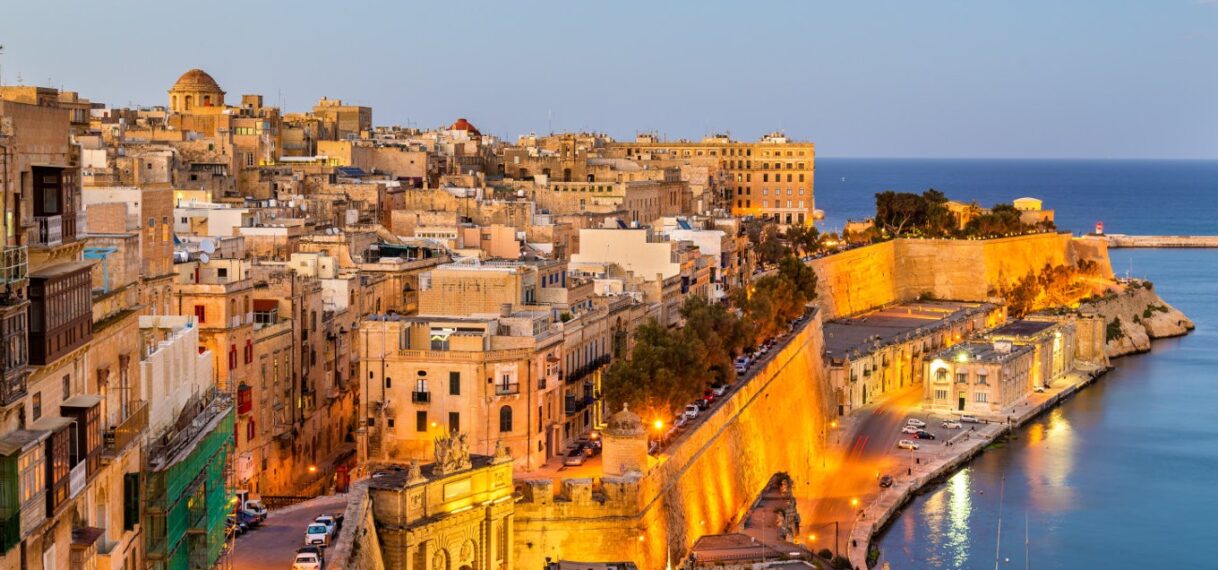
Study in Malta
Malta, a beautiful Mediterranean island nation, offers an excellent educational experience for Nepali students. The education system in Malta is renowned for its high quality and diverse range of academic programs. Maltese universities and educational institutions uphold high standards of education. They offer a wide range of undergraduate and postgraduate programs across various fields, including business, hospitality, tourism, IT, engineering, and more. The emphasis on practical learning and interactive teaching methods ensures that students gain valuable skills and knowledge relevant to their chosen fields.
Why Malta?
- Quality Education: Malta has a reputable education system, with a focus on high-quality teaching and learning. The country boasts a range of reputable universities and educational institutions that offer diverse programs in various disciplines.
- Multicultural Environment: Studying in Malta provides students with the opportunity to immerse themselves in a multicultural environment. With a rich historical heritage and a diverse population, Malta offers a unique blend of cultures, traditions, and languages, fostering intercultural understanding and global perspectives.
- Strategic Location: Malta’s strategic location in the heart of the Mediterranean makes it an ideal base for exploring Europe and North Africa. Students studying in Malta have easy access to nearby countries, allowing for travel and cultural experiences beyond the borders of the island.
- Affordable Tuition Fees: Compared to other European study destinations, Malta offers relatively affordable tuition fees. This makes it an attractive option for students seeking a quality education at a reasonable cost.
Benefits of Studying in Malta
- Range of Programs and Specializations: Malta provides a diverse range of academic programs and specializations across various fields of study. Whether students are interested in business, tourism, information technology, arts, or healthcare, Malta offers a variety of options to suit different interests and career aspirations.
- English as the Language of Instruction: English is widely spoken and used as the primary language of instruction in Malta. This eliminates potential language barriers and provides a conducive learning environment for international students.
- Research and Innovation: Malta places a growing emphasis on research and innovation, offering students opportunities to engage in cutting-edge research projects and contribute to advancements in their respective fields.
- Personalized Education: With smaller class sizes and a focus on individual attention, students in Malta can benefit from a more personalized and interactive learning experience. This allows for better student-teacher interaction and facilitates a deeper understanding of the subjects being studied.
- Safe and Welcoming Environment: Malta is known for its safe and welcoming environment. The country has a low crime rate, making it an ideal place for international students to pursue their studies in a secure setting.
Required Documents
- Application Form: Complete the application form provided by the university or educational institution you are applying to. Ensure that all sections are filled accurately and provide the necessary supporting information.
- Academic Documents: Submit copies of your academic transcripts and certificates. This includes your high school transcripts, as well as any additional qualifications or degrees you have obtained. Make sure these documents are officially certified and translated into English if necessary.
- Proof of English Proficiency: Most universities in Malta require proof of English language proficiency. You will need to provide results from recognized English language tests such as IELTS or TOEFL. Check with the institution for the minimum required scores.
- Passport: Ensure that your passport is valid for the duration of your study program. You will need to provide a clear, colored copy of the passport bio-data page.
- Proof of Financial Resources: Demonstrate that you have sufficient funds to cover your tuition fees and living expenses while studying in Malta. This can be in the form of bank statements, scholarship letters, or sponsorship letters from a financial sponsor.
- Medical Certificate: Some institutions may require a medical certificate to ensure you are in good health. This typically includes a general health check-up and may require specific tests such as chest x-ray and blood tests.
- Passport-sized Photographs: Provide several recent passport-sized photographs as per the specifications provided by the institution or Maltese authorities.
- Visa Requirements: As a Nepali student, you will need to apply for a student visa to study in Malta. Check the official website of the Maltese embassy or consulate in your country for the specific visa requirements and application process.
